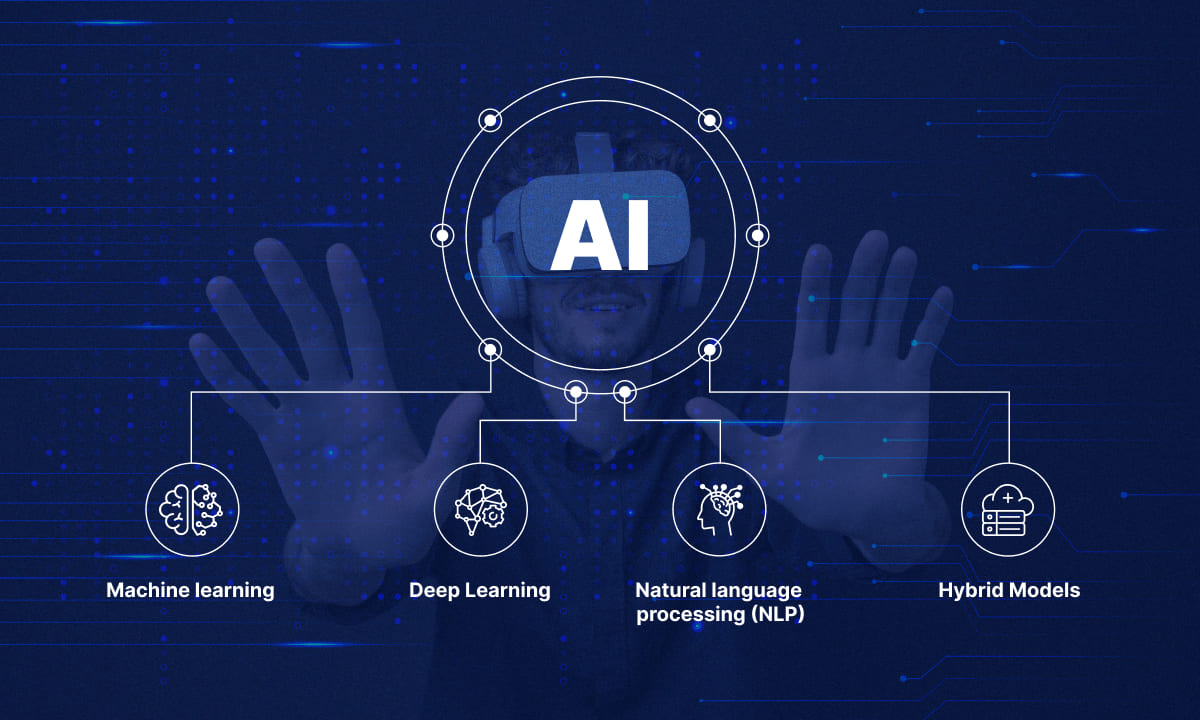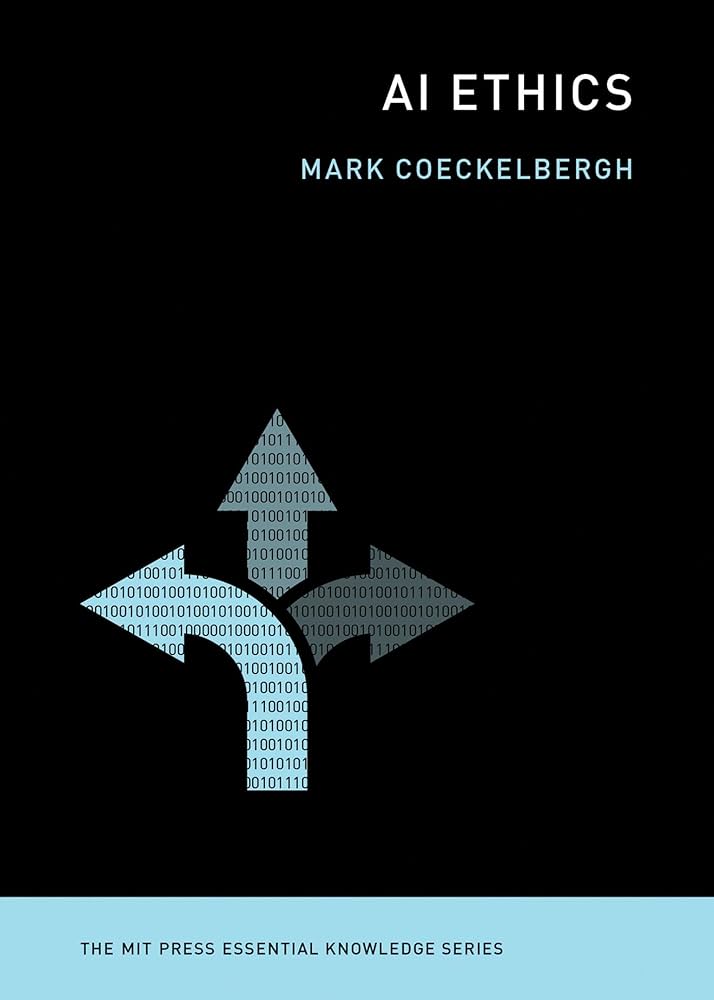
China’s AI Ambitions: A New Era of Surveillance and Control?
As I delved into the world of artificial intelligence, I stumbled upon a fascinating development that has left me pondering the implications of China’s latest AI model, built on Xi Jinping Thought. This new large language model (LLM) aims to integrate AI into various sectors while maintaining strict regulatory control over cybersecurity. But what does this mean for the future of AI, and more importantly, for the people of China?
 China’s new AI model, built on Xi Jinping Thought, raises concerns about surveillance and control.
China’s new AI model, built on Xi Jinping Thought, raises concerns about surveillance and control.
The administration has emphasized the model’s professionalism and authority, stating that it ensures the quality of the generated content. But what does this mean in practice? Demonstrations suggest that the answers provided by the AI are sourced from a fixed pool of Chinese official documents and outlets. This raises concerns about the potential for biased information and the lack of diversity in the AI’s knowledge base.
Xi Jinping Thought is the foundation of China’s new AI model, raising concerns about the government’s influence on AI development.
The system is deployed exclusively on the servers of the China Cyberspace Research Institute, ensuring all data is processed locally for high security. While this may provide a sense of security, it also raises concerns about the government’s ability to monitor and control the flow of information. The limited launch of this AI model is part of Beijing’s broader strategy to use artificial intelligence to drive economic growth while maintaining tight regulatory oversight.
 China’s AI development is driven by a desire to maintain control and surveillance over its citizens.
China’s AI development is driven by a desire to maintain control and surveillance over its citizens.
As I reflect on the implications of this new AI model, I am reminded of the importance of balancing technological advancements with individual freedoms and privacy. While AI has the potential to revolutionize various sectors, it is crucial that we prioritize transparency, accountability, and ethical considerations in AI development.
 The development of AI raises important ethical considerations, including transparency, accountability, and individual freedoms.
The development of AI raises important ethical considerations, including transparency, accountability, and individual freedoms.
In conclusion, China’s new AI model, built on Xi Jinping Thought, marks a significant milestone in the country’s AI ambitions. However, it also raises important questions about surveillance, control, and the potential risks associated with AI development. As we move forward in this era of rapid technological advancements, it is crucial that we prioritize ethical considerations and individual freedoms.














